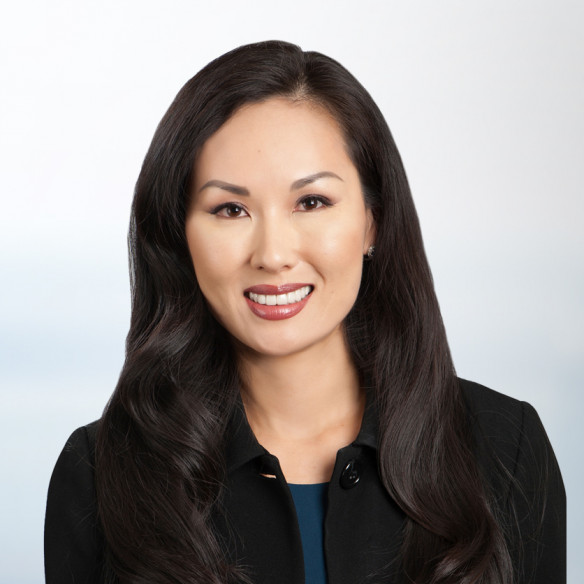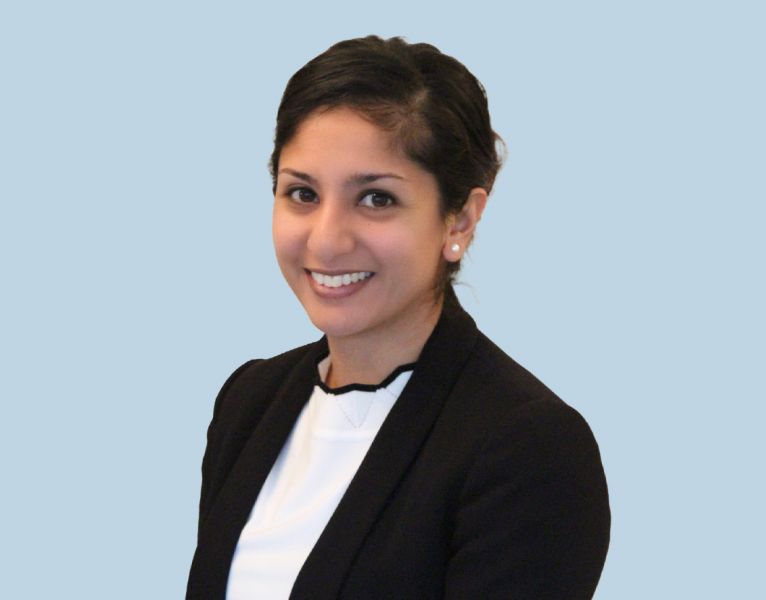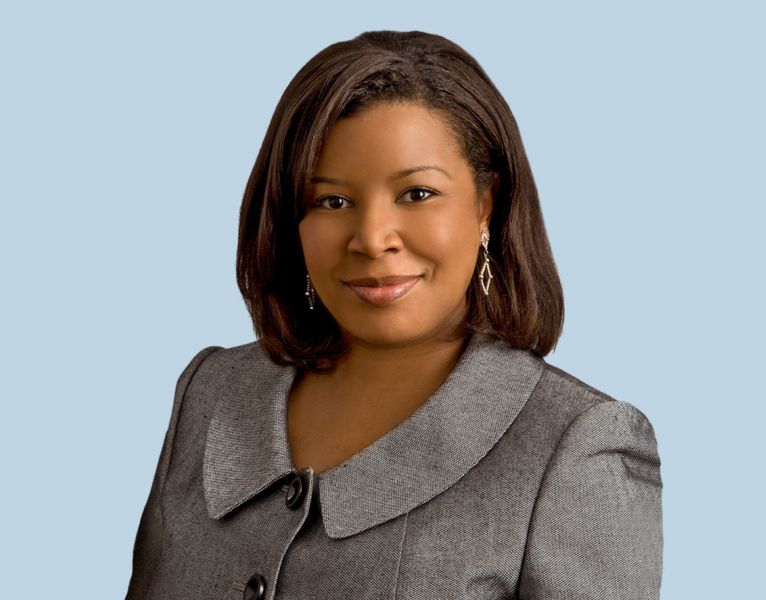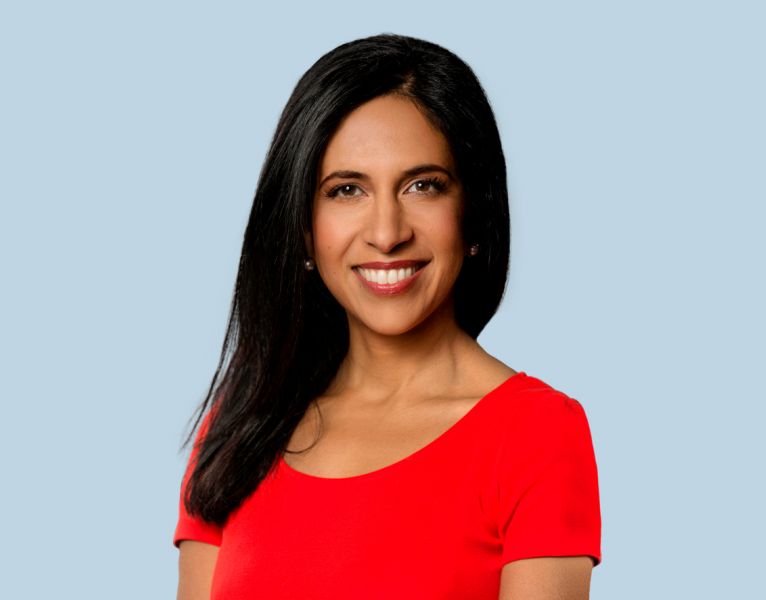Sandra Lee Montgomery is a partner in Proskauer’s Corporate Department and a member of The Private Credit and Finance Groups. She currently serves as a member of the Firm's Executive Committee. Sandra is a member of the Women Partner Advisory Committee and an active partner in the Asian Lawyer Affinity Group. Sandra is also a member of the Firm’s Diversity Task Force where she has taken an active role in the Mentoring Circle Program.
Read below for excerpts transcribed from our in-person interview with Sandra.
What are some of the biggest factors and practices that have enabled your career to flourish?
Something that I've known from the beginning is that nothing is going to be given to me. I had to take ownership of my own destiny and ensure that opportunities that I was interested in pursuing were not just made available, but also created by me. Having mentors and programs in place is also wonderful. The more, the better, but sometimes when we have so much aid, there is an expectation that your role in it is diminished somehow, that others are going to be helping you. And I think that is something that I appreciated from the beginning as not being the case. Having help was an amazing bonus. But the real impetus and the real drive had to come from me.
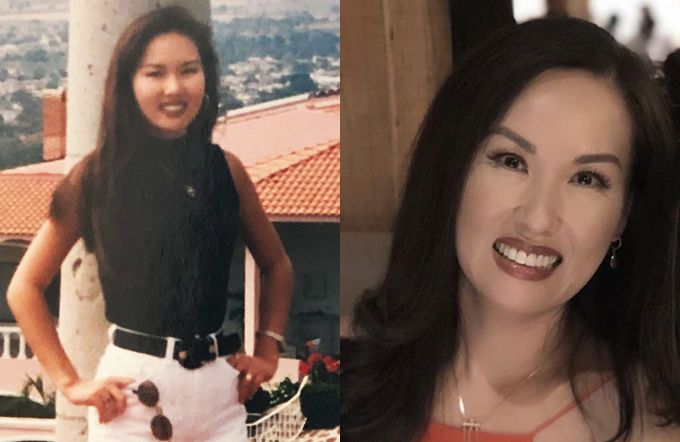
Would you say that applies to your career, and also your outlook on life in general?
I think that's right. Everything I've ever pursued, whether it was academically or hobby-wise, (Lord knows I don't have many!) but to the extent that there are, these are all things where I have been the main driver.
Speaking of hobbies, I hear you're an amazing artist!
I'm a pandemic painter. I wouldn't say this was a hobby that I have been growing and nurturing for the past you know, 10 or 15 years. This is something I started doing when the pandemic hit. I figured I ought to try to do something to pass the time. Baking was something that I did initially along with half of America, but there came a point where my husband said to me, ‘you know, maybe you should pursue something different.’ Maybe he was concerned that the consumption of carbs was affecting his waistline. Either way, I then moved onto painting. And frankly, it's been an incredibly eye-opening experience for myself.
Looking back at advice you've been given, share some of the most powerful advice you’ve listened to.
My first official mentor, when I was a first-year, was Robert Shapiro, who is the famous lawyer of the O.J. Simpson trial. Robert used to take me out to lunch at all of the really fancy Beverly Hills restaurants. He would always introduce me to people by saying, "This is the best corporate lawyer you will ever work with,” and at some point, I turned to Robert and said, "Bob, I am a first-year associate. Why would you say these things?" Because first of all, if anybody were to find out what I do and how, what my seniority is, they're going to quickly realize that that was clearly an overrated commentary." And that's when he said to me, "What you don't realize is that the more you say it, the more you believe it, and the more other people will think of you this way." He also told me, "Sandra, image is everything." I remember thinking as soon as he said it that it sounded like a Sprite commercial. And I absolutely think it was at the time. That made such an impact because it really went into the idea of creating your own brand. You need to figure out how you want people to perceive you. And that obviously will have to be a combination of how you present yourself, how strong your substantive skills are, and the kind of work you are interested in pursuing.
Tell us more about recognizing and telling your story.
It’s so important. Just think about how empowering it is that you can control your own brand and influence the narrative. Everybody should try to take advantage of it as much as possible.
Let’s talk about talent and the next generation. As a woman in the practice of law, how would you encourage young women thinking about becoming attorneys, who may be nervous or put off by the challenges ahead?
It's probably something that has to do a little bit more with just ‘adulting’ in general. By the way, I love that term. My 12-year old daughter says all the time, “I’m not quite in the ‘adulting’ phase of my life.” To the extent that this is about ‘adulting,’ nothing worth pursuing is easy. So the idea that you would foreclose a path in the legal world, because you think it's going to be hard, is very narrow and ought to really be thought of differently. Whether it is in the law, whether it is as a teacher – pick the profession – if you really want to make a mark in that profession, nothing is going to be easy. Everything will have its own set of challenges.
The other thing to keep in mind is that choosing law, choosing medicine, choosing whatever other profession, we think of the stereotypes. And when you are thinking of the law, because you're thinking of big law, you're thinking the road to partnership. But people need to appreciate that there are so many different types of law that you can practice. It is not all this one monolithic paradigm, when it comes to any profession. Be open-minded about it. Don't think of it as ‘oh, this is going to be tough,’ and just appreciate that there are so many different alternatives. One of the best pieces of advice my mom has ever given me that I always thought was incredibly important was be forgiving of others, but more importantly, forgive yourself. Because that's the most important person that you need to forgive – yourself. So let's not be too self-critical.
What advice would you give more junior lawyers on developing client relationships?
Client relationships should be developed at all stages. Do not ever think that because you're a first-year associate that somehow you shouldn't be taking an opportunity where client development is concerned. I think every opportunity in front of the client is a client development opportunity. This was something again that I recall Robert Shapiro telling me way back when. He said, "Every opportunity, every time you're on the phone, every time you are out meeting people, it is a marketing opportunity, a potential client that you're talking to." That doesn't mean that it ought to take center stage when it comes to your overall development. The skill building when it comes to client development should be ongoing and not restricted to when you are a senior or a partner.
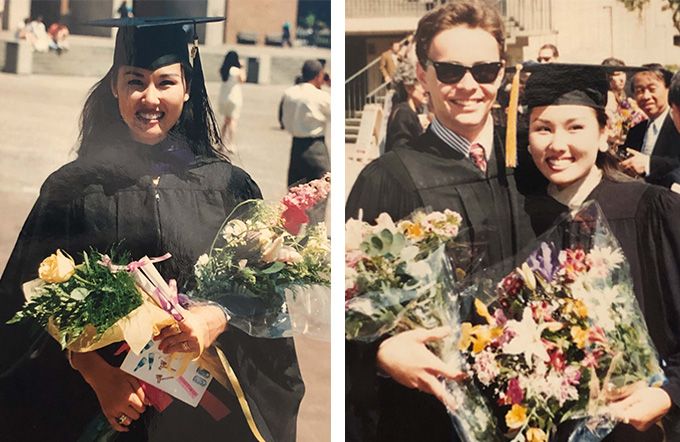
The other thing I would say is I am a finance lawyer. I think when you are a finance lawyer, a securities litigator, take your pick of your discipline, there is this idea somehow that that's the only kind of work you ought to be pitching. Again, not true at all. We work at a law firm that provides all of the services possible. The mindset is that every opportunity is a client development opportunity, and it doesn't have to be always in your lane.
Tell us how you pay it forward, and about your mentorship for the next generation.
I think sometimes mentoring has so many multiple and different facets. I think sometimes people find mentors very organically. Other times it may be because we as a group have created designations of mentor and mentee. Sometimes it is because you've worked enough with somebody so you feel that whether you have that natural organic bond or not, the number of times you've spent together allows you to be a little bit personal. This is something I talk with associates all the time. I will purposely bring them in and ask questions like ‘well, how is it for you? When you were growing up, did you play an instrument?’ If it's somebody with a child, we immediately compare stories about our children. And then it becomes a very natural bonding progression, if you will. You have to be able to appreciate how the person's response is provided in a way whether this kind of conversation is welcoming or not.
What are you most hopeful and inspired about today?
There is always a positive side to things. The positive side is that because today’s circumstances push underlying things to the surface a lot quicker, instead of realizing that you wasted ten years of your life doing something you weren't particularly happy with, you're now coming to that realization today. So I think that is a very positive part to it. On the institutional side, I think we need to be forgiving and understanding and not judge people because they're deciding to make a change in their life. Not everybody is cut out to be doing what we do. Not everybody is cut out to be a surgeon and seeing blood spattering everywhere. Not everybody has the real personality to be a great teacher. So that being the case, let us let people do what they need to do and not view this necessarily as a failure on our part. Not to say that this is an excuse to say we did nothing wrong, by the way. That part of the message I think is really important. I think it does force us to reevaluate what role we are playing.
If you could go back in time and give your younger self advice, what would it be?
If I say this, I think most of the associates who work with me are probably going to burst out laughing. I used to be really intense, and I think I've gotten a lot better. I am 51 years old, and you do get something out of being that age. I think I would have told myself that everything wasn’t do or die. That gets back to what I was saying earlier about learning to forgive yourself. Ultimately, that would be the advice I would give myself.



